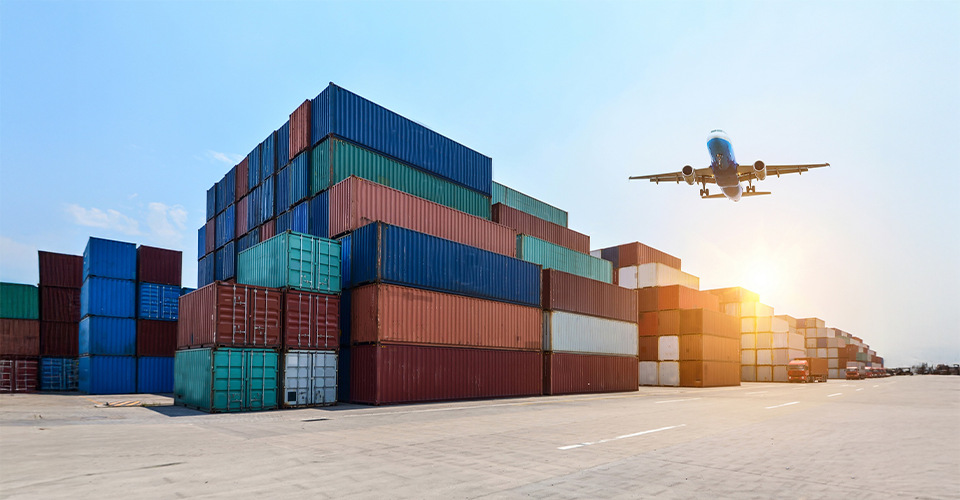 Whether you're planning a move locally or internationally, the relocation process is really a challenging thing to experience - it takes lot of time and gives us stress and headaches. You need to plan everything in advance and organize smoothly in order to reach your new destination without any complication.
Whether you're planning a move locally or internationally, the relocation process is really a challenging thing to experience - it takes lot of time and gives us stress and headaches. You need to plan everything in advance and organize smoothly in order to reach your new destination without any complication.
However, a lot of people think that the major differences between local and international moves are the relocation costs and the distance you're moving, but there are also some other differences you should know. So, let's take a moment to look at the information on what to expect when moving within the same country and moving overseas.
Biggest differences in moving locally and internationally
The scribbles of a local move "To Do" list are much shorter than the notes needed when moving abroad. For example, when moving locally it is likely one would jot down driving directions from his or her former residence to the new home, whereas moving internationally would require much more than writing down the time and flight number.
Here are some preparations you need to do when relocating internationally:
-
Plan Well in Advance: Unlike a local move, an international move inevitably takes more time, so you need to start planning this well in advance. Do the proper research and know everything about your destination country. Understand their tradition, learn the language, look for the housing and their customs regulations, pack the necessary things and learn how to deal with jet lag are just a few things you need to be considered when making an international move.
-
Systematize the things: Though organizing things can be considered for both the moves, it must be taken very seriously when moving overseas. Clearly you don't want to carry a lot of stuff across several countries to realize you simply don't need it anymore when you arrive. By organizing and reducing your household items, you'll create a less expensive move - particularly if you'll be getting rid of items that may be considered restricted and subjected to customs fees.
-
Customs regulations: You won't need a passport or customs papers when you're moving locally, but if you plan to move abroad, this is not a subject to take for granted. Each country has different rules and regulations regarding restricted and prohibited items, but you can almost guarantee needing to supply a passport, proof of international relocation and a value inventory (in detail) for everything you wish to ship - making this process a much longer one than a local move inventory list.
Read our guide 10 things to know before moving internationally to get more information about the customs regulations.
-
Culture shock: You are moving thousands of miles from your homeland, surrounded by different cultures and customs, which makes you organizing things a bit more complicated. So, before moving to another country, do the proper research and know about your destination country's history, culture, living style and how do they differ from yours. And remember if you're moving to a new country, that nation has been that way for hundreds of years and it is you that is the foreigner, not the locals.
Local vs international movers
One of the most important differences between a local move and in international move is the types of moving companies that will handle each. Besides being properly equipped to handle the complicated process that often accompanies an international relocation, there are several other characteristics that set international movers apart from local ones, including:
-
Registration: Local (or intrastate) movers are not required to register with the US DOT in every state. While international movers are a different story. They need to be registered with the Federal Maritime Commission (FMC) in order to handle international relocation. Also, an affiliation with the International Association of Movers (IAM) is also something to keep an eye out for when searching for an international moving company.
-
Insurance: Having your shipment insured is common when shipping your belongings with your local movers. However, international movers don't offer insurance or minimum liability on your shipments unless you specifically request it. In that case you may end up spending a lot more money to have your goods insured and protected against any damage during the move.
-
Cost factor: Local movers charge by the hour, whereas international movers do not. Since local mover's handle moves on a smaller scale without having to travel long distances, they can charge customers by the hour for the move. On the other hand, international moves are done on a much larger scale, so overseas shippers tend to charge by the total weight of your shipment. See our guide and know How do movers calculate costs?
Whether you're moving 300 or 3,000 miles away, common moving fears perpetuate the anxiety before and after a move that thousands who relocate every day feel. Yes, of course, there are extreme differences when moving in or out of one's nation, but in the end, it is the same. You are picking up and leaving a place you have called home for years. So, the best way to combat your fear is to maintain a positive attitude and get excited about your home.